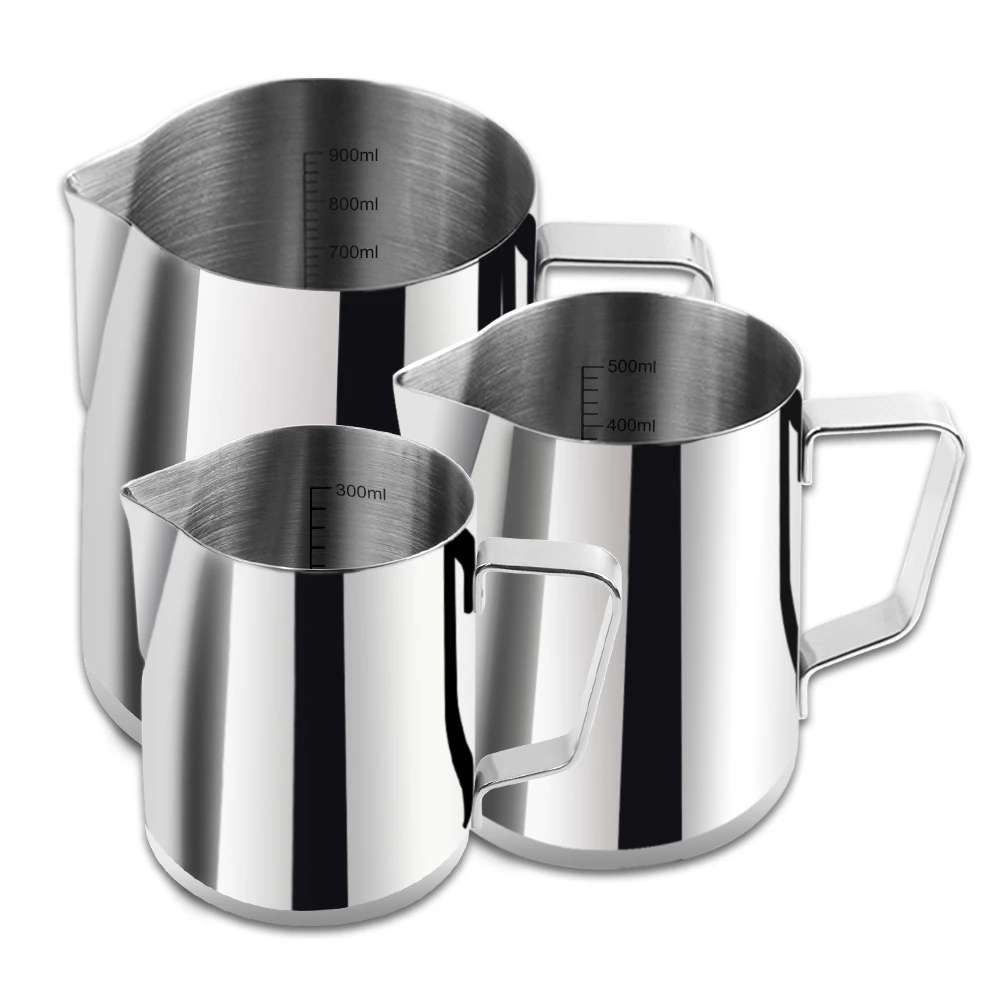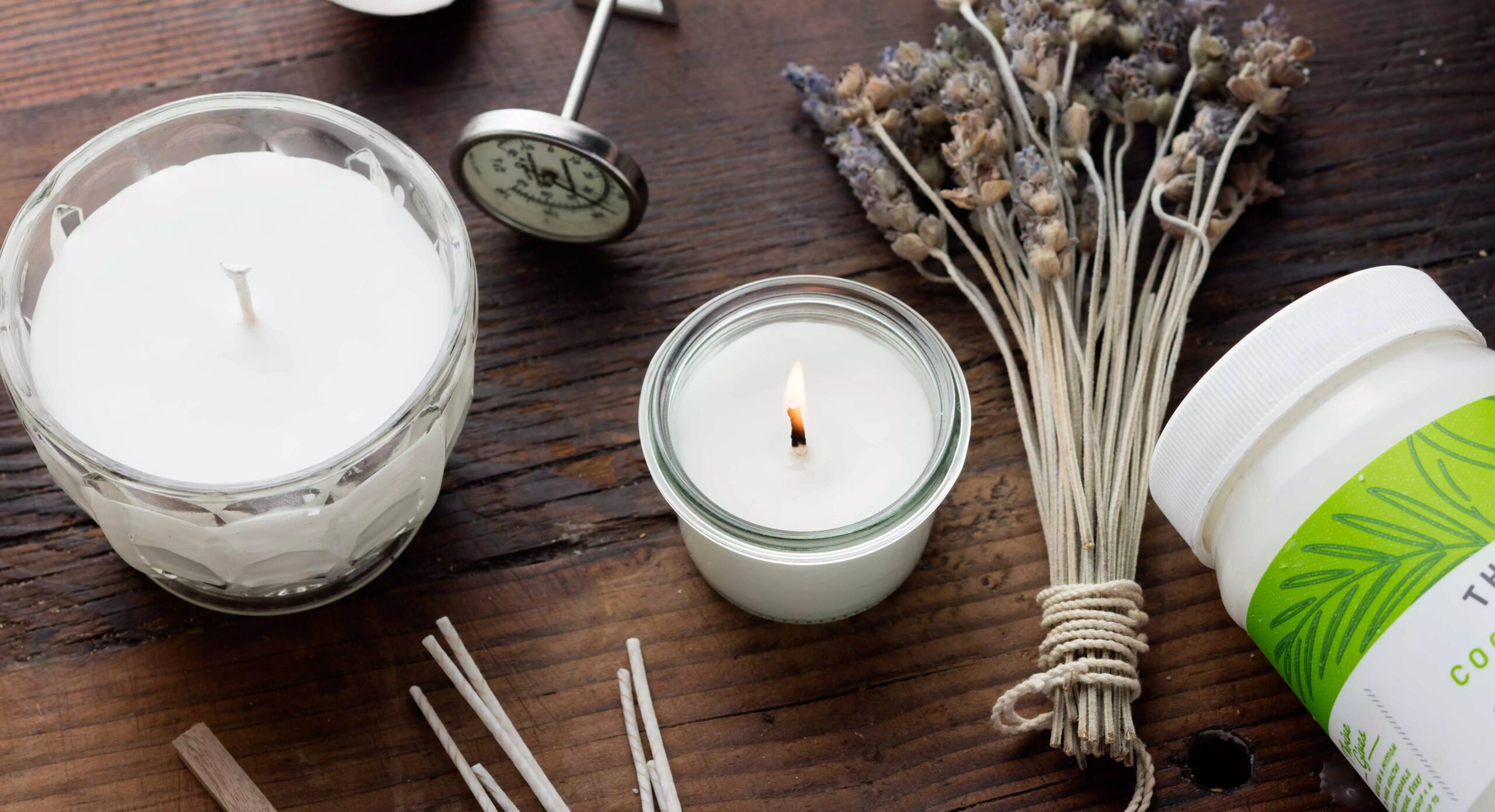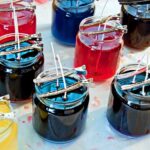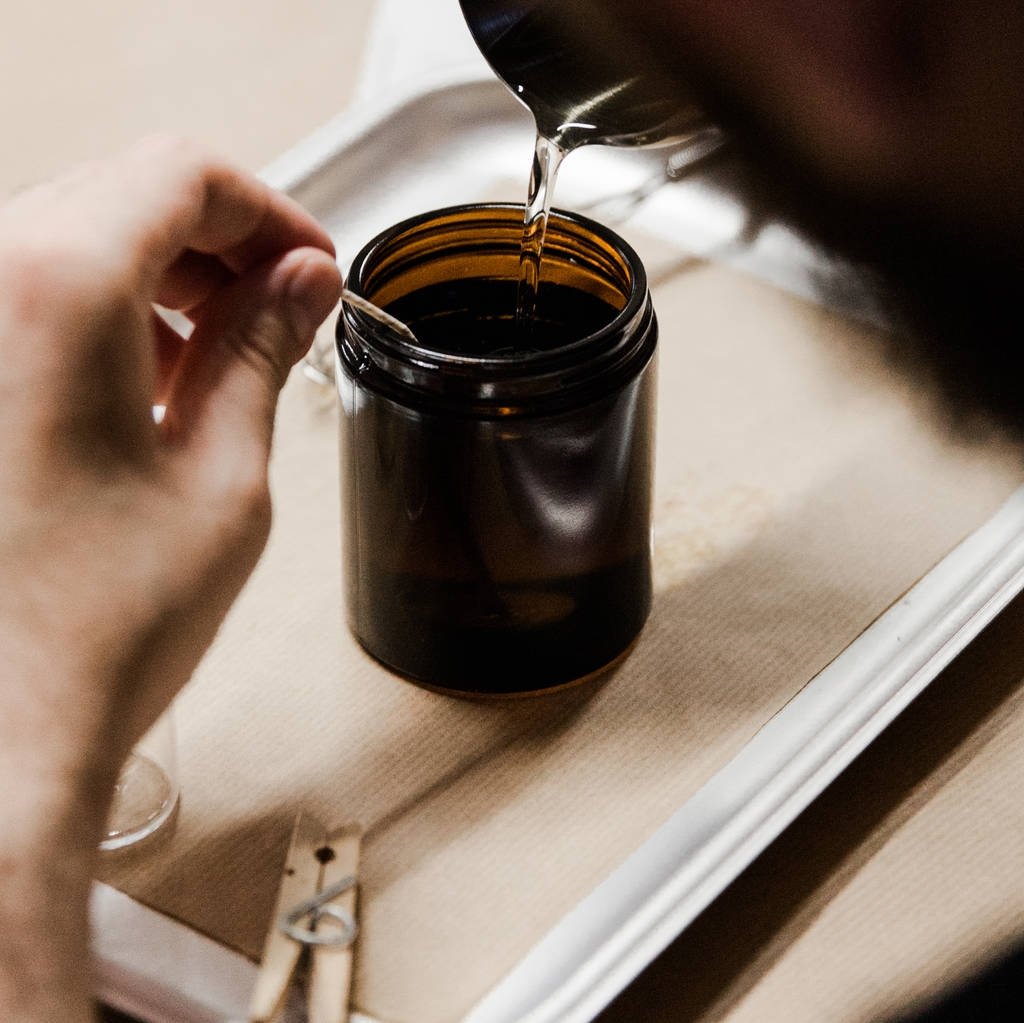When it comes to creating homemade candles, essential oils play a crucial role not only in adding fragrance but also in providing therapeutic benefits. In this article, we will explore what kind of essential oils are good for candle making and delve into the various factors to consider when selecting the right oils for your candles.
Essential oils are highly concentrated plant extracts that can infuse your candles with delightful scents and even promote relaxation or focus, depending on the blend chosen.
Using essential oils in candle making offers a natural alternative to synthetic fragrances, making them ideal for those looking to create a healthier living environment. The benefits of incorporating essential oils into your candles go beyond just scent, as they can also help elevate mood, reduce stress, and improve overall well-being. By understanding the properties of different essential oils, you can tailor your candle creations to suit different purposes or moods.
As we delve deeper into this topic, we will discuss the top essential oils recommended for candle making and their unique properties. Additionally, we will share tips on how to properly mix essential oils with candle wax to ensure a balanced and long-lasting fragrance.
Whether you are looking to create candles for relaxation, focus, or winter warmth, there is an essential oil blend that can cater to your specific needs and preferences. Stay tuned as we guide you through enhancing your candle making experience with the right essential oils.
Benefits of Using Essential Oils in Candle Making
Essential oils play a crucial role in enhancing the quality of homemade candles. Not only do they add delightful scents to the candles, but they also offer various therapeutic benefits depending on the type of essential oil used. When it comes to choosing essential oils for candle making, it’s important to consider factors such as the desired scent, properties of the oil, and intended purpose of the candle.
One of the main benefits of using essential oils in candle making is their aromatherapy properties. Different essential oils have unique aromas that can promote relaxation, focus, or even uplift mood. For example, lavender essential oil is known for its calming effects, making it a popular choice for candles intended for relaxation and stress relief. On the other hand, citrus essential oils like bergamot or orange are often used in candles meant to energize and boost mood.
In addition to their aromatic qualities, essential oils also offer natural antibacterial and antiviral properties. When these oils are diffused into the air through burning candles, they can help purify the air and create a cleaner environment. This makes them a healthier alternative to synthetic fragrances commonly found in commercial candles. By using high-quality essential oils in candle making, you can not only enjoy pleasant scents but also experience potential health benefits.
| Essential Oil | Properties |
|---|---|
| Lavender | Calming and stress-relieving |
| Peppermint | Energizing and invigorating |
| Lemon | Cleansing and refreshing |
Factors to Consider When Choosing Essential Oils for Candle Making
When choosing essential oils for candle making, it is essential to consider several factors to ensure that you achieve the desired scent and quality in your candles. The following are key points to keep in mind when selecting the right essential oils for your candle-making projects:
- Fragrance Strength: Consider the intensity of the fragrance you want your candles to have. Some essential oils are more potent than others, so adjust the amount accordingly to achieve the desired scent throw.
- Compatibility with Wax: Not all essential oils blend well with different types of candle wax. Some oils may cause issues such as discoloration or poor burn performance. Make sure to research which oils work best with the type of wax you are using.
- Skin Safety: If you plan on using the candles for aromatherapy or massage purposes, consider the skin safety of the chosen essential oils. Some oils may cause skin irritation or sensitivities, so opt for skin-friendly options.
Knowing what kind of essential oils are good for candle making requires understanding their properties and how they interact with various elements in your candles. Consider these factors to ensure that your candles not only smell great but also provide a safe and enjoyable experience for users.
Top Essential Oils for Candle Making and Their Properties
When exploring what kind of essential oils are good for candle making, it is important to consider the diverse range of scents and properties that each oil brings to a final product. Some popular options for candle making include lavender essential oil, known for its calming and soothing aroma that promotes relaxation. Another favorite is citrus essential oils like lemon or orange, which provide a refreshing and invigorating scent to uplift the atmosphere.
In addition, woodsy scents such as cedarwood or sandalwood essential oils can bring warmth and grounding elements to candles, perfect for creating a cozy ambiance during colder months. For those seeking a more floral touch, rose or jasmine essential oils offer a sweet and romantic fragrance that can add elegance to any space. Ultimately, the choice of essential oils in candle making depends on personal preferences and the desired mood or atmosphere you wish to create.
| Essential Oil | Properties |
|---|---|
| Lavender | Calming, soothing, promotes relaxation |
| Lemon | Refreshing, invigorating |
| Cedarwood | Woodsy, warm, grounding |
| Rose |
Experimenting with different combinations of these top essential oils can lead to unique blends that cater to specific needs or preferences. Whether aiming for a stress-relieving blend for relaxation or an energizing mix for increased focus, understanding the properties of each oil is crucial in achieving the desired outcome in your candle creations. By carefully selecting and blending essential oils, you can elevate your candle making experience and fill your space with delightful fragrances that enhance overall ambiance.
How to Properly Mix Essential Oils With Candle Wax
When it comes to making candles with essential oils, the right mixture is crucial to achieve the desired fragrance and benefits. Mixing essential oils with candle wax requires a methodical approach to ensure that the scent is evenly distributed and long-lasting. Here are some important steps to properly mix essential oils with candle wax:
Choosing the Right Essential Oils
Before starting the mixing process, it is important to select the appropriate essential oils for your candle making project. Consider the purpose of your candles (relaxation, focus, winter warmth, etc.) and choose oils that complement each other well. Some popular choices for candle making include lavender, eucalyptus, peppermint, citrus oils, and cedarwood.
Measuring the Essential Oils
When measuring essential oils for candle making, it is important to follow a specific ratio to avoid overpowering or underwhelming scents. A general rule of thumb is to use about 1 ounce of essential oil per pound of wax. However, this ratio may vary based on personal preference and the strength of the oils used. Use a digital scale for precise measurements.
Mixing Essential Oils With Candle Wax
To incorporate essential oils into your candle wax, start by melting the wax according to the manufacturer’s instructions. Once melted, add the measured amount of essential oil into the wax and stir gently but thoroughly to distribute the scent evenly. Be cautious not to over-stir as it can affect the overall finish of your candles. Allow the scented wax mixture to cool slightly before pouring it into your candle containers.
By following these steps and paying attention to detail in mixing essential oils with candle wax, you can create beautifully scented candles that enhance any space or occasion. Experiment with different combinations of essential oils and take note of what works best for you in creating a relaxing or invigorating atmosphere through candle making.
Essential Oil Blends for Different Candle Purposes (Relaxation, Focus, Winter Warmth, Etc)
When it comes to creating candles with essential oils, the possibilities are endless. Different essential oils can be blended together to create unique scents that serve various purposes. Whether you’re looking for relaxation, focus, or a cozy winter warmth, there is an essential oil blend for every candle making need. Here are some popular essential oil blends for different candle purposes:
- Relaxation Blend: A soothing blend of lavender, chamomile, and sandalwood essential oils can help create a calming atmosphere perfect for unwinding after a long day.
- Focus Blend: To boost concentration and productivity, try blending rosemary, peppermint, and eucalyptus essential oils in your candles.
- Winter Warmth Blend: For a cozy ambiance during the colder months, mix cinnamon, clove, and orange essential oils to evoke warmth and comfort.
These essential oil blends not only add pleasant fragrances to your candles but also offer therapeutic benefits that can enhance your overall well-being. Experimenting with different combinations of essential oils can help you find the perfect blend for any mood or occasion. So next time you’re making candles, consider customizing them with these curated scents to elevate your candle-making experience.
- Berries & Citrus Blend: A combination of grapefruit, lemon, and raspberry essential oils creates a refreshing and energizing scent perfect for boosting your mood.
- Earthy & Woodsy Blend: Create a grounding atmosphere by blending cedarwood, patchouli, and vetiver essential oils in your candles for a deep, earthy aroma.
- Floral & Fresh Blend: Incorporate jasmine, geranium, and bergamot essential oils into your candles for a floral and fresh scent that brings the outdoors inside.
By exploring different combinations of essential oils tailored to specific purposes or seasons, you can elevate your candle-making skills and create unique scents that cater to your preferences. Whether you’re seeking relaxation or warmth, focus or vitality – there’s a perfect essential oil blend waiting to enhance your candle creations.
Tips for Properly Sourcing High-Quality Essential Oils for Candle Making
When it comes to creating candles with essential oils, choosing high-quality oils is crucial. The quality of the essential oil not only impacts the scent but also affects the overall performance and safety of the candle. Here are some tips for properly sourcing high-quality essential oils for candle making:
Seek Out Reputable Suppliers
One of the first steps in sourcing high-quality essential oils for candle making is to find reputable suppliers. Look for suppliers that specialize in natural and pure essential oils. Avoid buying from vendors that offer extremely low prices, as this could indicate a lower quality product or even synthetic fragrance oils instead of pure essential oils.
Check for Purity and Quality Certifications
Before purchasing essential oils, check if they have been tested for purity and quality. Look for certifications such as USDA organic, GC/MS (Gas Chromatography/Mass Spectrometry) testing, or certifications from reputable organizations like the National Association for Holistic Aromatherapy (NAHA). These certifications ensure that the essential oils are free from any contaminants or adulterants.
Consider Sustainable and Ethical Sourcing Practices
In addition to ensuring the quality of the essential oils, consider sourcing from suppliers that practice sustainable and ethical harvesting methods. Look for companies that support fair trade practices, source their ingredients responsibly, and prioritize environmental conservation. By choosing ethically sourced essential oils, you can feel good about supporting both your craft and environmentally conscious practices in the industry.
By following these tips and taking extra care in selecting your essential oils, you can enhance the quality and experience of your candle making process. High-quality essential oils not only create beautifully scented candles but also contribute to a safer and more enjoyable crafting experience. So, take your time to research and source your essential oils wisely to create candles that are truly exceptional in both scent and quality.
Common Mistakes to Avoid When Using Essential Oils in Candle Making
When it comes to using essential oils in candle making, there are several common mistakes that beginners often make. One of the most common mistakes is using too much essential oil in the candle wax.
It can be tempting to add more drops for a stronger scent, but this can actually lead to issues such as poor candle burn quality, smoking, and even potential safety hazards. It’s important to follow recommended guidelines for the amount of essential oil to use based on the type and quantity of wax you are using.
Another mistake to avoid is not properly mixing the essential oils with the wax. Essential oils are not soluble in wax, so it’s crucial to ensure that they are evenly distributed throughout the entire candle for a consistent scent throw. Failing to mix the essential oils thoroughly can result in uneven scent distribution, where some parts of the candle may smell stronger while others have little to no fragrance at all.
Additionally, a common mistake is not properly researching or understanding the properties of different essential oils before incorporating them into your candles. Different essential oils have varying flash points, which can affect how they perform when heated.
Some essential oils may also cause discoloration in your candles if you are not aware of their color properties. Taking the time to study and learn about what kind of essential oils are good for candle making based on their properties can help you create high-quality and safe candles with beautiful fragrances.
Conclusion
In conclusion, choosing the right essential oils for candle making can truly enhance your overall crafting experience. By understanding the benefits of using essential oils, considering factors like scent strength and properties, and learning how to properly mix them with candle wax, you can create unique and personalized candles tailored to your preferences.
Whether you are looking to create a relaxing atmosphere, improve focus, or add a touch of warmth during winter months, there are a variety of essential oil blends that can help achieve your desired ambiance.
When sourcing essential oils for candle making, it is crucial to prioritize quality over quantity. By being mindful of where you purchase your oils from, ensuring they are pure and natural, you can elevate the final product of your candles. Avoiding common mistakes such as using too much oil or overheating them during the process will also contribute to creating high-quality candles with long-lasting scents.
Overall, by exploring different essential oil blends and experimenting with various combinations, you can truly elevate your candle making experience. Whether you are a beginner or experienced crafter, incorporating the right essential oils into your candles will not only enhance their fragrance but also add a personal touch that makes each candle truly one-of-a-kind.
So go ahead and explore the world of essential oils for candle making to create beautiful and aromatic creations that bring joy and comfort to yourself and others.
Frequently Asked Questions
What Essential Oils Work Best in Candles?
Certain essential oils that work best in candles include lavender, peppermint, eucalyptus, and citrus oils like lemon or orange. These oils have strong scents that can fill a room and create a calming or invigorating atmosphere.
Is It Better to Use Fragrance Oil or Essential Oil for Candle Making?
When it comes to candle making, many people prefer using essential oils over fragrance oils because of their natural origins. Essential oils provide a more subtle and authentic scent compared to synthetic fragrance oils. However, some fragrance oils may offer a wider variety of scents and are usually more affordable.
Can You Use 100% Essential Oils in Candles?
It is not recommended to use 100% essential oils in candles as they are highly concentrated and may be too overpowering when burned. Essential oils can also be volatile at higher temperatures, potentially causing safety issues such as flammability. It is best to dilute essential oils in a carrier oil or wax when making candles for a balanced scent.

Welcome to my candle making blog! In this blog, I will be sharing my tips and tricks for making candles. I will also be sharing some of my favorite recipes.





